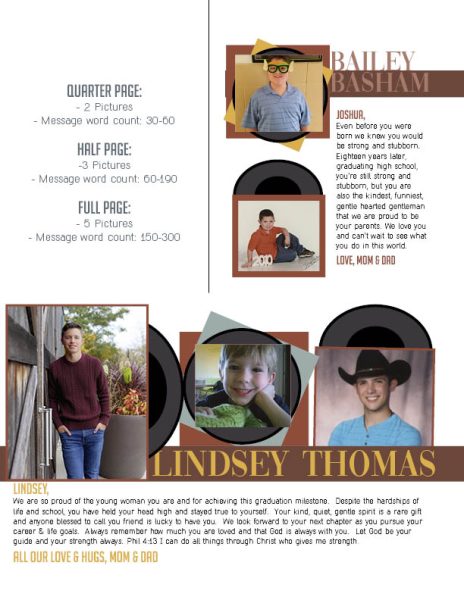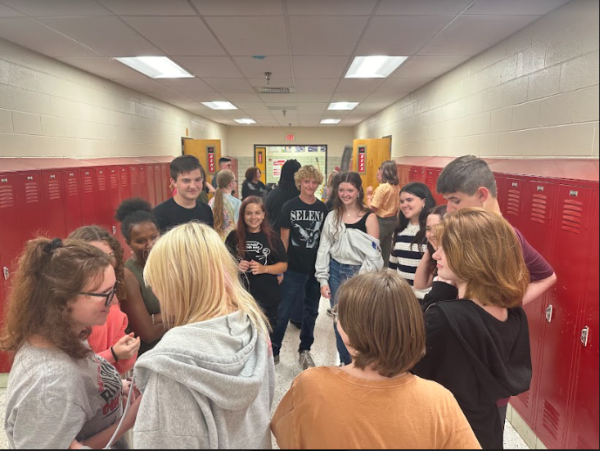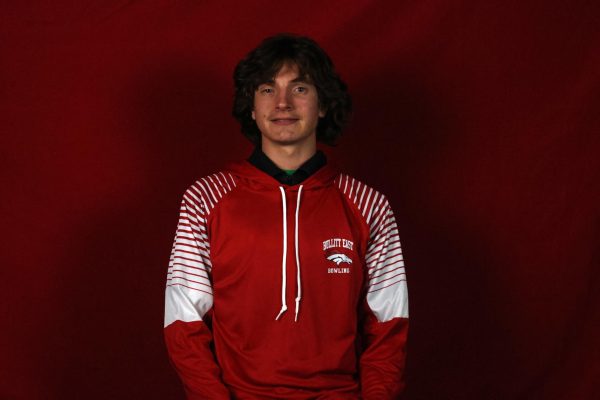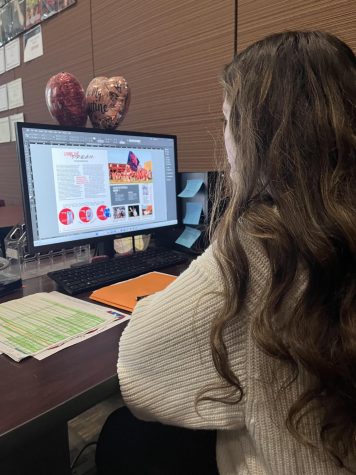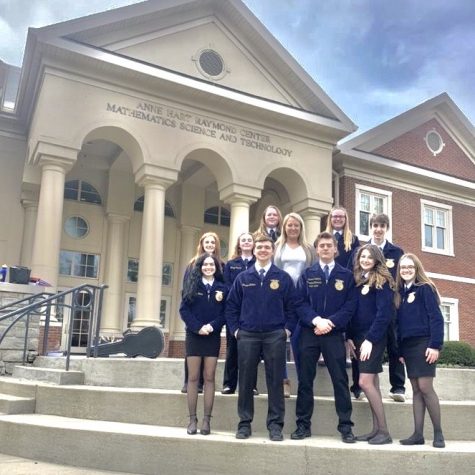Governor’s Scholars Program Applicants are Dropping Like Flies
The Governor’s Scholars Program may not be getting that many scholars this school year.
Bullitt East has experienced an extreme drop in applicants for the 2017-18 school year Governor’s Scholars Program.
The Governor’s Scholars Program is an outstanding opportunity for Kentucky high school students that reaps tons of benefits. However, this year’s junior class appears to be failing to recognize the opportunities. Many blame this shortage of applicants on the increasing lack of scholarship money being offered for the honor.
GSP was founded in 1983 by Kentucky leaders. The program was founded based on Kentucky leaders’ concern that the state’s “best and brightest” were pursuing college and careers out of state.
The program started out with only 230 students located on one campus; now, the program reaches around 1,000 students over three different campuses.
Campuses where GSP is hosted include Morehead State University, Murray State University and Northern Kentucky University for the 2016-18 summers. The selected locations change once every three years. “Each college has its own individual appeal to students,” said counselor Crystal Barr.
GSP describes the choosing process as “highly competitive.” Students’ applications must go through three phases: being nominated in one’s high school, the district and then statewide.
The application includes several parts. After filling out some general information on the student, one’s school counselor must fill in details about GPA, standardized test scores, and on. Students then record details like their club and sport involvement, community service, honors and awards. Last, students write an essay based on a chosen prompt.
In spring of every year, the counselors take some time to have a class meeting with that year’s sophomores. At this meeting they start to discuss GSP and how to begin preparing for the application. Then, in September, students meet again with counselors to discuss the same in further detail. GSP alumni also attend to tell students about their experiences over the five weeks. “I think we get the word out to a lot of students,” said Barr.
Once students are accepted, they attend the five week long program at an offered campus of their choice during the summer of their junior year. The entire five weeks are completely paid for.
Students go through three phases: Focus Area, General Studies and Seminar. Focus area allows the student to pick a main area to study while on campus; this includes topics such as astronomy, music theory & performance and philosophy. The students then transition into general studies, which according to the official GSP website, are classes that “emphasize inquiry, service-learning, community leadership, and resolution development.” Last, students learn about things like career choice and interpersonal relationships during the Seminar period.
Most GSP alumni had nothing but positive things to say about the experience. “I met so many amazing and potentially helpful people,” said GSP alumni William Smith. Smith also noted what a big help the program was to give him a taste of the college environment.
GSP alumni Sean Woods also said the same thing. “The whole separation anxiety won’t be an issue now that I already know I’m comfortable being independent,” said Woods.
Barr also had positive things to say. “99 percent of students love it. It’s an amazing opportunity for students, and good prep for college. No more mom doing laundry.”
Despite the hype, only around 20 juniors from Bullitt East applied this year. This is a large drop from previous years, with around 40 to 50 usually applying. To put this more into perspective, Bullitt East has never had under 20 applicants in its history.
“That’s pretty sad to me, honestly, because I know kids who probably could have made it just didn’t finish their applications for whatever reason,” said Smith. The application was due to counselors by December 1.
Junior Sarah Weber experienced this crossroad, as she began her application, but never finished it out. “I’m in three AP classes and have a job and I just didn’t think I would be able to finish everything on time,” said Weber.
In addition, Smith was surprised by the small number of total applicants because of the large number of people who came to the GSP meeting in September, with around 40 people total attending.
Many blame the lack of applicants on the lack of scholarship money being offered for students in return for GSP. “A lot of individual schools have changed the way they award scholarships,” said Larry Steinmetz.
In 2015, Western Kentucky University took their scholarship fund from full in-state tuition to only offering 1,500 dollars for alumni. The University of Kentucky also tightened their rules for receiving scholarships: students must have a 31 on their ACT and a GPA of 3.5 and above, going up from the previous 28 and 3.3. The University of Louisville still offers a full ride for GSP students. “[The scholarship I have], I realize more and more every day, is a huge blessing in my life,” said Smith.
Barr sees these changes as both a negative and positive thing. “I think that it forces students to be more open about college choices; it keeps an open mind,” said Barr. However, she does believe schools shouldn’t be so quick to turn out students just for a couple points on a standardized test score.
GSP applicant Lindsey Spencer feels the same. “I think that it’s not really fair, honestly, because applying for GSP is a very long and complicated process that takes a lot of effort,” said Spencer. Spencer also noted that a lot of students, like herself, are completely relying on the scholarship money offered from programs such as GSP to help them through college.
Governor’s Scholars Program winners will be notified through mail on April 11. The program will take place in varying weeks of July 2018.





